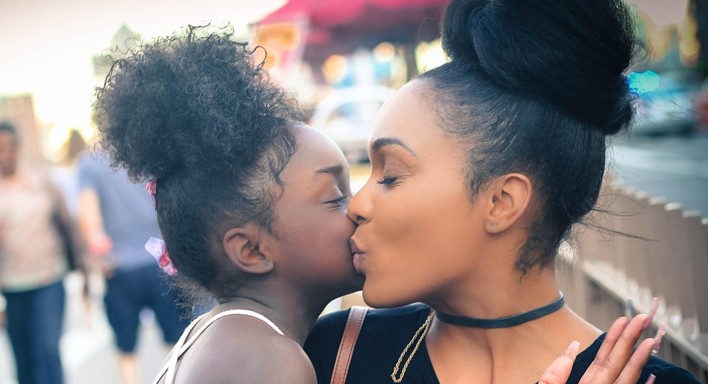The Price of Going Political in the Workplace

Dec 05 | 2016

Mighty Decision 2016 may be many things but it certainly hasn’t shown any signs of being over. Most election cycles, companies large and small try to stick to a level of business-friendly neutrality. But the Trump/Clinton divide has brought out the pitchforks in the culture wars more than any election, perhaps, ever, so it isn’t surprising that even the multinationals aren’t keeping quiet.
Back in October, one of America’s largest brewers, Yuengling, caused a stir when they very-publicly endorsed Trump. And just last week, The Kellogg Company–the food brand behind Frosted Flakes and Pop-Tarts–pulled its advertising dollars from Breitbart, the far-right wing website connected to the soon-to-be Counselor to the President, Steve Bannon. It’s now a Twitter war.
So why do companies do it? Should you do it?
Back in 2012, Chick-Fil-A got in some steamy water when Dan Cathy, its COO, announced his opposition to gay marriage and it was revealed that the company had been donating money to a host of anti-gay nonprofits. But shortly afterward, the company seemed to regret the move: soon rescinding its capacity to have any opinion on anything at all and slowly cutting any financial connection the brand had to less reputable charities.
But the effect of that endorsement was curious: sales had mysteriously soared, occasional-presidential candidate Mike Huckabee had announced a Chick-fil-A Appreciation Day. On the other hand, this year, the retailer Target suffered a 6.4% percent decrease in its is stock value and a 10% percent drop in Buzz score, a consumer perception index, shortly after aligning itself with the rights of transgender people to use the bathroom of their choice. Did that mean a political stance had to be aligned with the local geopolitics of your brand in order to galvanize your most passionate customers to make up for any boycotting? Or did it mean that the effect of taking a stance on big-ticket issues were simply too chaotic to make business sense?
Others have speculated that the particular divisiveness of the current climate might work to practically mitigate whatever political direction you take your brand: a poll conducted by Morning Consult found that “Americans are just as split when it comes to whether they’ll support or oppose businesses that take a position on Trump,” with 35% of respondents saying they are less likely to shop at a store that supported Trump and 31% saying they are more likely to. More important, says Carol Cone, a PR consultant that Morning Star talked to, is that a brand maintain consistency: “[Brands] shouldn’t shift because that would be inauthentic,” Cone explained, and instead companies should focus on “social issues that are aligned with their business, their brands [and] their purpose.”
A more successful alternative, suggests Jonathan Haidt, a professor of business and ethics at NYU and author of The Righteous Mind: Why Good People Are Divided by Politics and Religion, might be aligning your brand with social movements that the average person simply cares about less. “Over the last 5-10 years many businesses have made environmental responsibility and sustainability into a part of their brand and strategy, especially high end consumer products,” he cited to me as an example, noting that “rich people care more about such things than do poor people.” By catering your business’ politics toward a niche that your product in some way serves, the statement becomes part of your brand. People might feel good about working with your business!
“Much of the action is greenwashing,” Haidt concluded, “but much is sincere too.”










